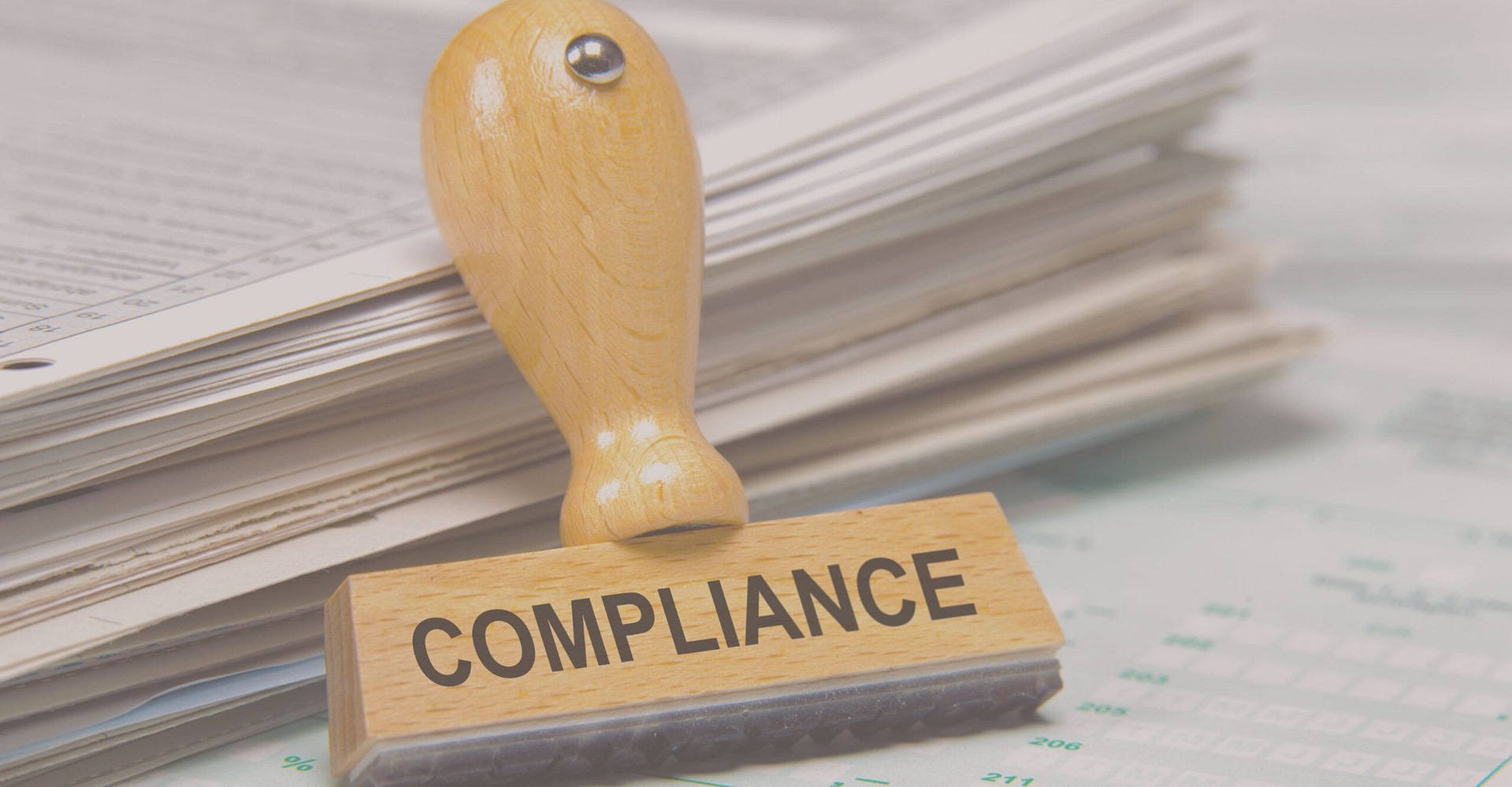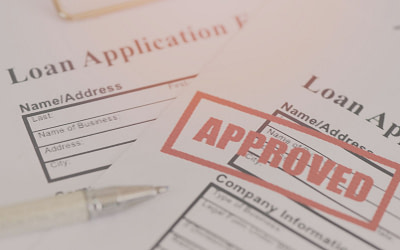This blog is all about Business Compliance in Botswana – what it is, how to go about it, and how to find someone to help you if needed.
Business compliance? What is this? Is my business compliant? What does this even mean?
Are these some of the questions you ask yourself as a business owner? Or have you never thought to ask these questions and would not know how to even have an idea if your business is compliant or not?
What is Compliance?
Compliance as defined by the Cambridge dictionary is:
“The act of obeying an order, rule or request.”
It then follows that for your business you will need to follow the orders and rules of the country in which you operate your business. There are several areas in which your business needs to be compliant, not only to follow the rules laid down by the country but also for smooth efficient business operations.
In the corporate world, it’s defined as the process of making sure your company and employees follow all laws, regulations, standards, and ethical practices that apply to your organization.
Why do you need to be compliant?
Compliance reduces the possibilities of fines, penalties, work stoppages, lawsuits, or the closure of your business, which is the most evident benefit.
How can you ensure you are compliant?
There are several ways in which to undertake business and we will be looking at compliance in a business that is proprietary (Pty) limited (Ltd) in Botswana.
COMPLIANCE REQUIRED BY LAW
The following are the 4 things every business in Botswana must have to be compliant.
1 – Registering a company:
Is required by Botswana law. Registration is done through accompany secretary. The
company secretary submits all documents to CIPA and issues a certificate. Company registration has to be renewed annually.
2 – Registering with BURS:
Once your company is registered with CIPA it has to be registered with BURS. There are various taxes to be registered for but the basic one is Income Tax. This can be done by your company secretary at your request or you can do it yourself.
3 – KYC compliant:
KNOW YOUR CUSTOMER is incumbent on every business and as a business you must have a process of knowing your customer. This process and record keeping is the responsibility of the business owner.
You as a business owner are responsible to know who your client is and there are regulations, guidelines and reporting protocols should you have a suspicious client.
This is sanctioned by the government under the United Nations.
4 – Accounting compliance:
Every business needs to know if they are making a profit or loss. There is a system in which transactions are recorded and processes to determine if a company is meeting its financial goals. Transactions must be recorded in line with particular accounting standards and there must be a system of recording all financial transactions. Every business has to comply with these standards for many reasons including calculation of taxes payable to BURS. Thus it is vital that a business is compliant with accounting rules, regulations and procedures.
#TIP: Records also need to be kept for 20 years so an efficient filing system has to be in place.
COMPLIANCE REQUIRED FOR SMOOTH BUSINESS OPERATIONS
Company goals: As a business owner you have a goal in mind. It is imperative that you state what your goals are and have a road map as to how you are going to achieve these goals. Once you have clear goals you then devise a strategy as to how you are going to achieve these goals through policies and procedures.
Policies and procedures:This is a document you should have that explains how every aspect (and department of your business functions. It should detail what is to be achieved and how it is going to be achieved. You will then monitor your business to see that it is operating according to the policies and procedures.
Some aspects to include in Policies and Procedures
- Security – physical and financial
- Workplace compliance
- Licensing compliance – health and safety
- Employee code of conduct
- Sales procedures
Who can help with compliance?
Someone has to be responsible to ensure that the business is compliant. This will be dependent on the directors if they appoint a specific person as a “compliance officer” or if one of the directors will take the responsibility.
Need for a compliance officer?
In a small business the owner is most likely to be the compliance officer. Irrespective of who is in charge of the compliance aspect of the business it is advisable to have a check list.
Compliance Officers are responsible for ensuring that all corporate processes and procedures comply with the law. And not only the law — a Compliance Officer is also responsible for ensuring that company operations comply with internal standards too.
Once your business is compliant you have set the stage for a smooth running operation creating more ease for you and the business and you can concentrate on day to day operations.
Checking to see that your business is compliant and then having to put all the steps in place to ensure compliance may feel like a mammoth task and yet if you do this it will avoid non-compliance penalties with the law. Furthermore it will contribute to a smoother running of your business and you can then concentrate on what matters most in your business!
Download our FREE Botswana Business Compliance checklist below!




